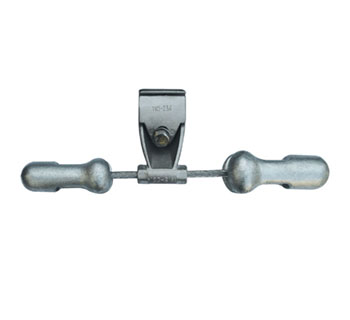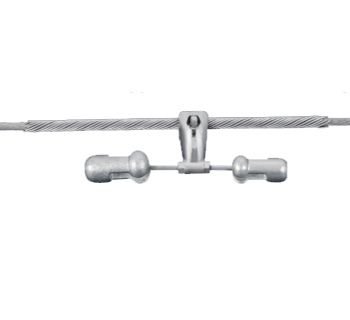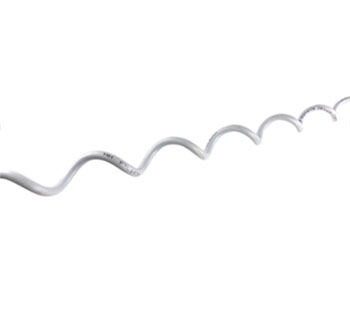Vibration problems and solutions of overhead transmission lines
Almost all bare conductors and overhead transmission lines have a certain degree of wind vibration and are usually not damaged. However, if the amplitude of vibration is high enough, wear or fatigue failure usually occurs over time. The failure time will depend on the magnitude of bending stress and the number of cumulative bending cycles. How to effectively solve the problem of conductor fatigue damage?

When the vibration damper is placed on the vibrating conductor, the movement of weight will bend the steel cored aluminum strand. The bending of steel cored aluminum strand causes the individual wires of steel cored aluminum strand to rub against each other, thus consuming energy. The size and shape of the weight and the overall geometry of the damper affect the energy that will be dissipated at a particular vibration frequency. An effective damper design must have an appropriate response within the expected frequency range of specific conductor and span parameters.
For smaller diameter conductors(<0.75″), overhead shield wires and optical ground wires (OPGW cable), different types of dampers can be used, which are usually more effective than Stockbridge dampers. Spiral vibration dampers have been successfully used to control wind-induced vibration on these smaller conductors and conductors for more than 35 years.
 中文
中文 









